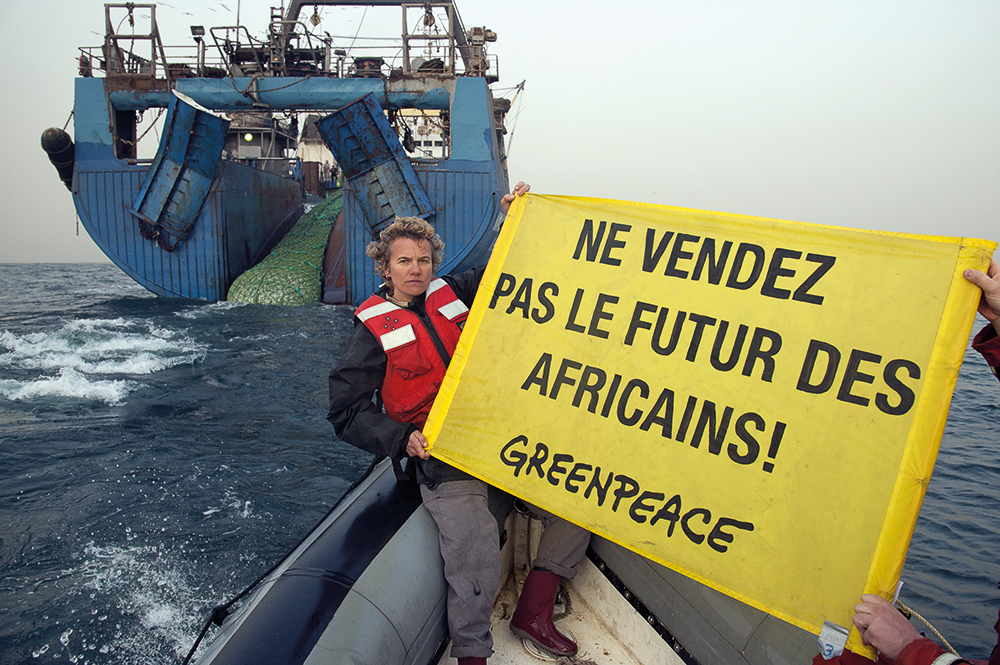DLG-Verlag was founded in 1952 as a subsidiary of DLG e.V. (Deutsche Landwirtschafts-Gesellschaft - German Agricultural Society) with its headquarter in Frankfurt/ Germany. The publishing company provides expertise for the agricultural and food sector.
With its subsidiaries Max-Eyth-Verlag and DLG-Agrofood Medien GmbH the DLG-Verlag offers books and magazines, as well as catalogs of the DLG's international DLG exhibitions.
Members:
Resources
Displaying 61 - 65 of 316What is so special about family farms?
Family farms are especially well suited to meet the challenges of labour organisation in agriculture. In early stages of development, they play a particularly important role in creating productive employment for the major share of the population. Moreover, they have strong incentives to use their resources sustainably so as to pass them on to future generations. Yet, family farms should not be romanticised. Often, they only survive by working longer hours and accepting lower incomes than people employed in other sectors of the economy.
Agricultural biodiversity: the foundation of resilient family farms
In a world of rapidly changing conditions, enhancing the adaptability and hence the resilience of family farms is crucial to their viability. Here, diversity plays an important role, as the following article demonstrates.
Rebuilding soil natural capital
Throughout the world, demands on finite soil resources are ever increasing, and can lead to irreversible soil degradation, as the soil is used beyond its “bio-capacity”. A quarter of the inhabitated land area has already been affected by human-induced soil degradation. Against this background, soil remediaton is becoming more and more important. Focusing on the rehabilitation of oil-contaminated soil in Kuwait, the following article shows how it works, and where the problems lie
More than just a business
Family farming has many different meanings to many different people. While such farms come in all shape and sizes, one thing all practitioners agree on is that family farming is more than a business – it’s a way of life. The following article shows what constitutes this way of life, the challenges that family farms in Europe and throughout the world face and why and how the European Union supports this type of enterprise.
"We have inherited not only a piece of land, but also the responsibility to turn it into a home"
A focus edition on family farming would hardly be credible without giving the family farmers themselves an opportunity to speak. We talked to Moses Munyi, the owner of a six-hectare farm in Embu, Kenya, about his everyday life and about his views of the prospects for farming in the future.





